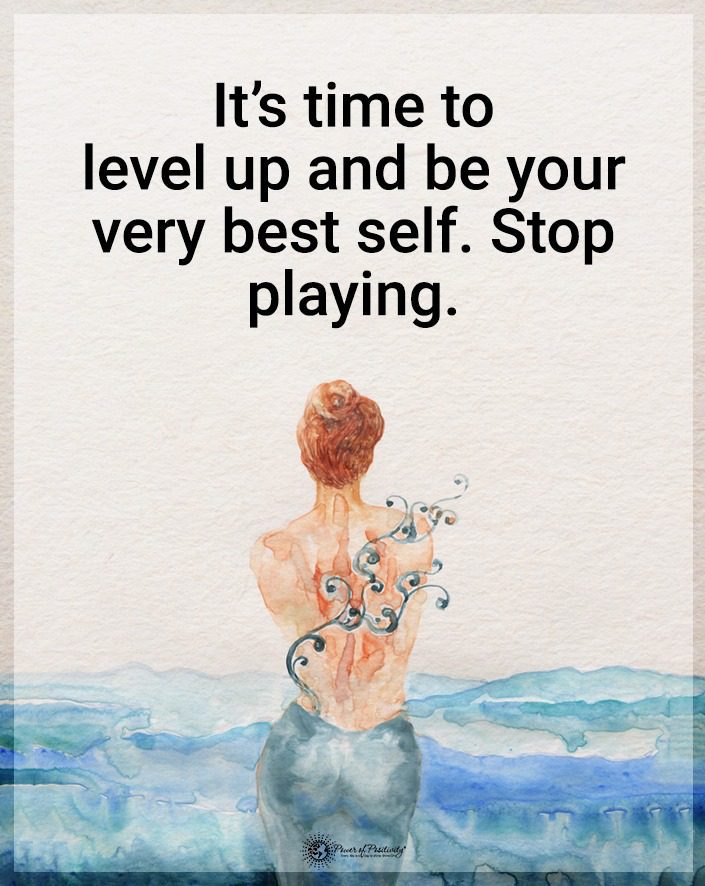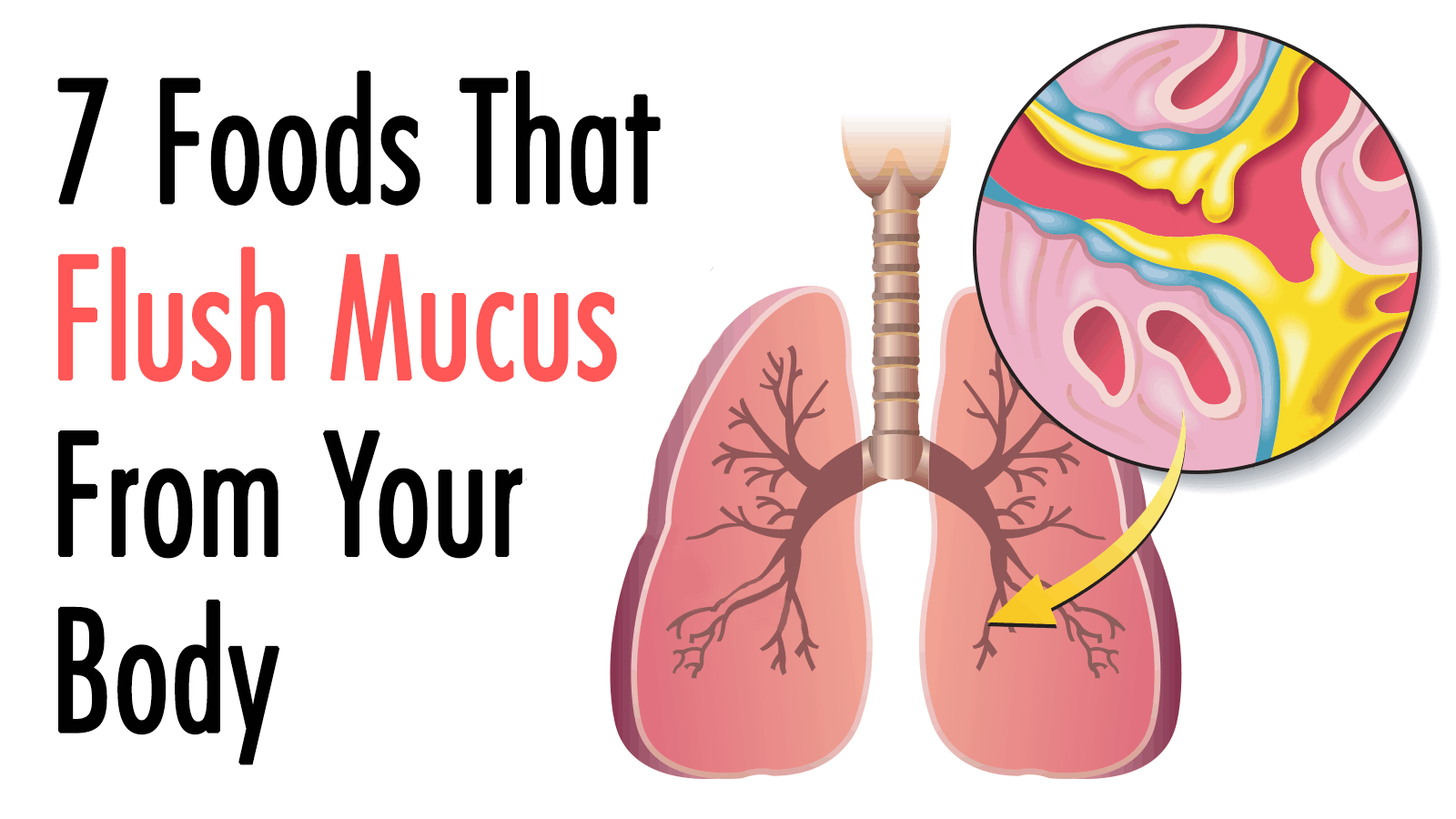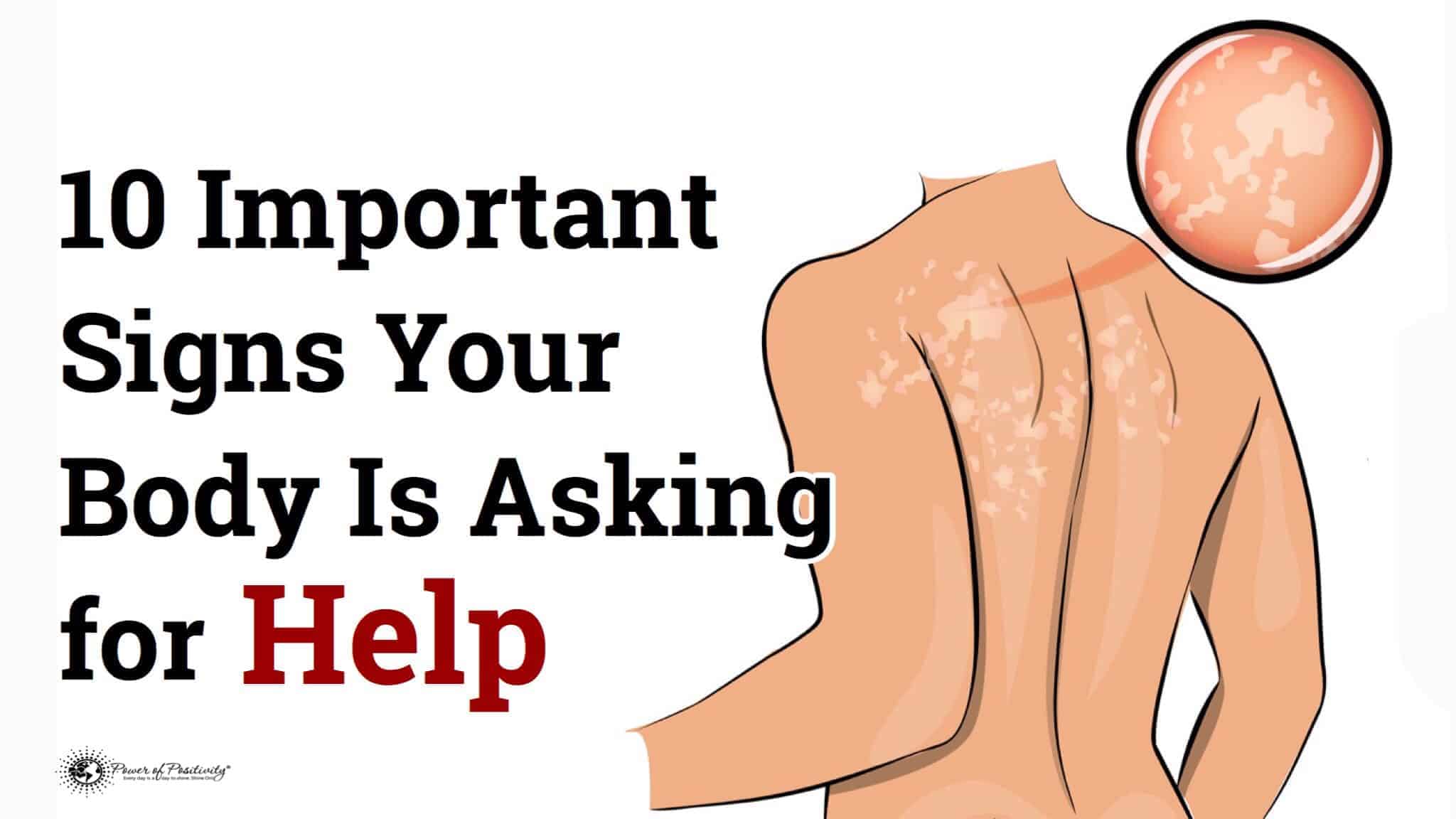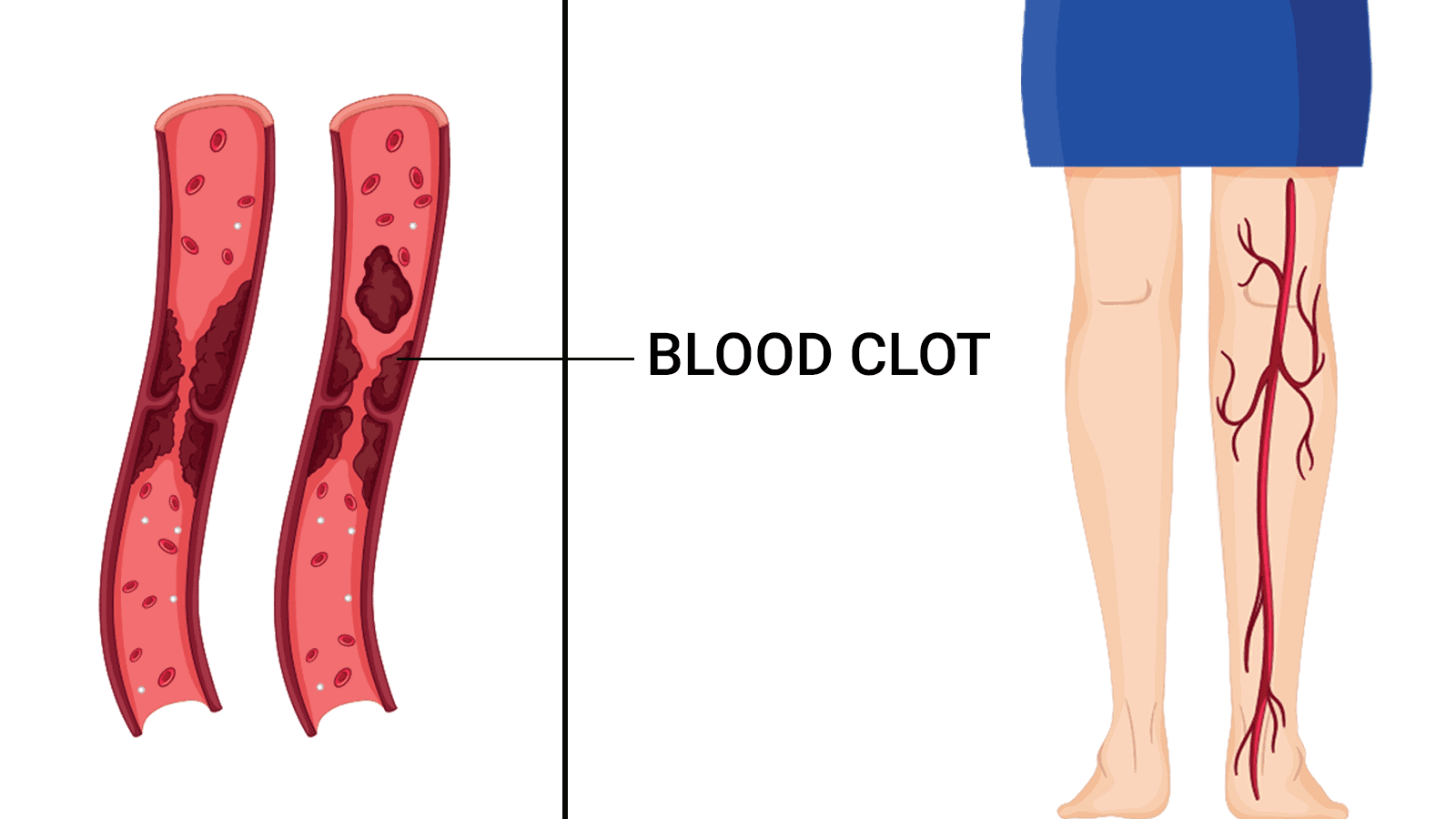Open-monitoring meditation offers countless benefits, and a new study reveals a surprising one: you’ll make fewer mistakes. It’s the largest study of its kind to date that shows how meditation could help prevent errors. The Michigan State University also discovered that meditation might improve memory for people who forget things easily.
The research, published in Brain Sciences, tested how open-monitoring meditation affected brain activity and increased error recognition. This type of meditation involves focusing on feelings, thoughts, or sensations that come into one’s field of awareness.
“People’s interest in meditation and mindfulness is outpacing what science can prove in terms of effects and benefits,” said Jeff Lin, MSU psychology doctoral candidate, and study co-author. “But it’s amazing to me that we were able to see how one session of a guided meditation can produce changes to brain activity in non-meditators.”
What This Study Suggests
The study suggests that various types of meditation can impact the brain in unique ways. Lin explains that, until now, there have been very few studies on the effects of open-monitoring meditation on brain activity.
“Some forms of meditation have you focus on a single object, commonly your breath, but open-monitoring meditation is a bit different. It has you tune inward and pay attention to everything going on in your mind and body. The goal is to sit quietly and pay close attention to where the mind travels without getting too caught up in the scenery.” -Jeff Lin, MSU
Basically, the idea behind any meditation is to increase your awareness. By getting in tune with your inner self, it helps expand your consciousness. Not only does it enhance cognition, but it also allows you to connect to yourself and others more intimately. Meditation breaks down the self-constructed barriers between your real self and the rest of the universe.
In recent decades, scientists have finally been able to quantify the effects of meditation that sages and saints have talked about for centuries.

The study showed that those who engage in open-monitoring meditation make fewer mistakes.
Lin and other MSU investigators – William Eckerle, Ling Peng, and Jason Moser — gathered over 200 participants for the research. The study tested how open-monitoring meditation impacted people’s ability to identify and correct errors.
The participants, who had no prior experience with meditation, completed a 20-minute open-monitoring meditation exercise. While they did this, researchers measured their brain activity through electroencephalography or EEG. Next, participants completed a computerized distraction test to see if they would make fewer mistakes.
“The EEG can measure brain activity at the millisecond level, so we got precise measures of neural activity right after mistakes compared to correct responses,” Lin said. “A certain neural signal occurs about half a second after an error called the error positivity, which is linked to conscious error recognition. We found that the strength of this signal is increased in the meditators relative to controls.”
While researchers didn’t observe any improvements in actual task performance, the study still reveals the benefits of meditation. Practicing mindfulness over long periods of time can improve many facets of life and help increase brain power.
“These findings are a strong demonstration of what just 20 minutes of meditation can do to enhance the brain’s ability to detect and pay attention to mistakes,” Moser said. “It makes us feel more confident in what mindfulness meditation might really be capable of for performance and daily functioning right there in the moment.”
Meditation and mindfulness have gained a lot of traction in recent decades. Even businesses have started recommending the practice to employees to increase productivity and cognition. Personal reasons to implement meditation in one’s life range from reducing stress to lowering blood pressure.
Meditating can improve every facet of your life, from health to mood
As we’ve stated before, the overarching goal of meditation is to discover your true self beneath all the layers. However, before you reach the highest state of consciousness, you’ll begin noticing subtle changes resulting from meditation. In addition to making fewer mistakes, other well-documented benefits of meditation include:
- Decreased stress, anxiety, and depression: One study found that participants who meditated over the course of eight weeks felt much calmer afterward. Neuroscientists observed noticeable differences in the meditators’ brains. At the end of the study, their brain activity shifted from the stress-prone right frontal cortex to the more tranquil left side.
- Improves cardiovascular health: Meditation helps lower blood pressure by increasing nitric oxide, causing blood vessels to expand. A study published in the Journal of Alternative and Complementary Medicine found that 40 of 60 people stopped taking their blood pressure medication after starting a meditation practice.
- Boosts immune system: If you’re suffering from a cold or allergies, try treating it with meditation. One study by researchers at Infanta Cristina Hospital in Spain found that transcendental meditation increased white blood cells in participants. These cells help ward off infections, viruses, and bacteria.
In short, meditation offers something for everyone because it teaches you to become more aware of yourself. By quieting the mind and tuning into the limitless power of the soul, your life improves dramatically. The subtle shifts in awareness increase your mental capacity, making everyday tasks much easier. Meditation helps bring your attention to any signs of unease in your body, improving your physical health as well.
 Final thoughts on how meditating might help you make fewer mistakes
Final thoughts on how meditating might help you make fewer mistakes
Very few researchers out there take a neuroscientific approach to investigating meditation’s effects on psychology and performance. Indeed, Lin is one of these researchers committed to understanding meditation on a deeper level.
In the future, he wants to conduct more studies that include a greater number of participants. They will also test various meditation styles to determine how they impact brain activity. Finally, the researchers will test how long-term meditation could lead to positive behavioral changes.
“It’s great to see the public’s enthusiasm for mindfulness, but there’s still plenty of work from a scientific perspective to be done to understand the benefits it can have, and equally importantly, how it actually works,” Lin said. “It’s time we start looking at it through a more rigorous lens.”

















